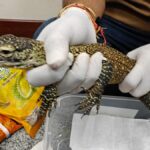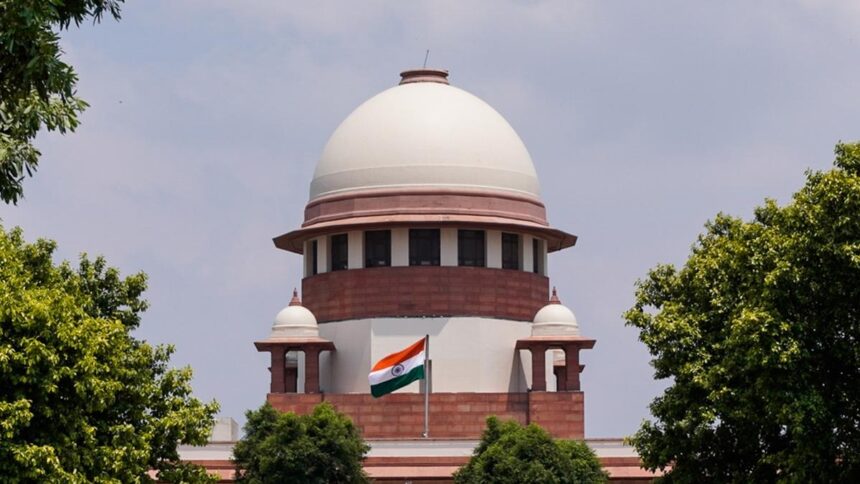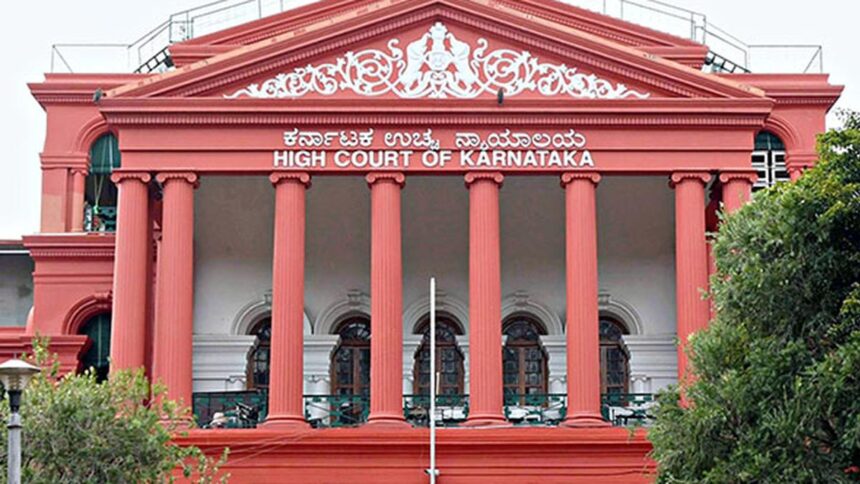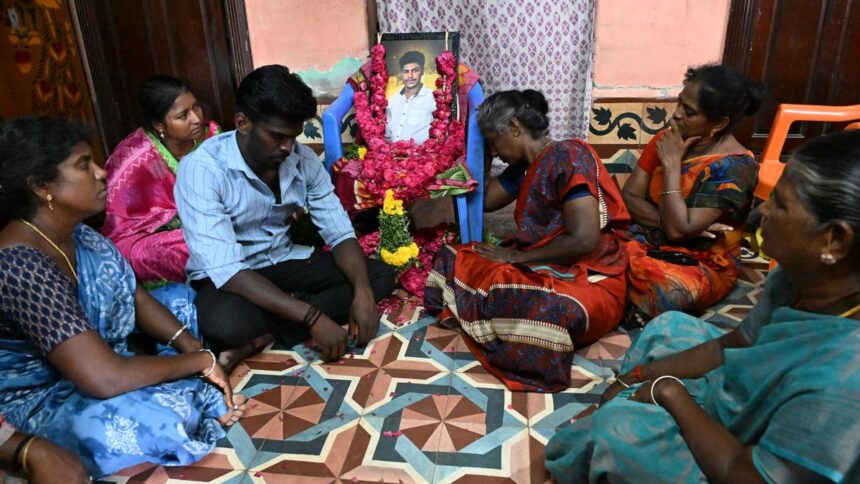
Though Kerala presents huge potential in the retail poultry segment, the State’s chicken processing infrastructure is still underdeveloped and not aligned with market demands.
| Photo Credit: File photo
Broiler poultry production in Kerala is inching towards unsustainability, driven by escalating input costs and evolving market threats. The break-even price for producing one kg of chicken in the State has reached ₹93, underscoring the growing financial strain on poultry farmers.
“Recent market developments have compounded the issue. The cost of a 50 kg poultry feed bag has surged by ₹90, while the price of day-old chicks has nearly doubled from ₹22 to ₹40. Most of the raw materials for poultry feed are sourced from neighboring States, where prices are continuously rising. In addition, the cost of essential inputs for deep litter rearing, a common method of poultry farming, has also spiked,” said T.P. Sethumadhavan, former director, Kerala Veterinary and Animal Sciences University.
Another major concern is Kerala’s dependence on other States for day-old chicks, which increases vulnerability to supply chain disruptions. Emerging diseases further complicate the issue. This situation is exacerbated by the fact that poultry farming is yet to be officially recognised as either an agricultural or industrial activity, despite being in active practice in the State. A recent court verdict that could have provided clarity on this classification remains unimplemented, he said.
While Kerala presents huge potential in the retail poultry segment, especially in ready-to-eat and ready-to-cook categories, the State’s chicken processing infrastructure is still underdeveloped and not aligned with market demands. The Ministry of Food Processing Industries offers attractive projects and incentives in this space, including subsidies up to ₹10 crore for cold chain and food processing ventures. However, Kerala has seen comparatively low participation in these schemes.
“To harness the growing market and ensure long-term viability, poultry entrepreneurs and farmers must transition into market-oriented processing and value addition. This includes establishing processing units tailored to consumer demand; adopting strict biosecurity measures to curb the spread of diseases and participating in capacity-building and skill development programmes for improved productivity, Dr. Sethumadhavan pointed out.
Furthermore, there is immense potential in promoting Farmer Producer Organisations (FPOs) focussed on poultry. These FPOs can help aggregate production, streamline processing and marketing, and establish farmer-producer companies that strengthen the value chain from farm to fork.
Despite current challenges, the demand for poultry meat in Kerala is on a steady rise. Strategic interventions and policy support could unlock significant opportunities for sustainable growth in the sector, he said.
Published – July 27, 2025 05:14 pm IST




















